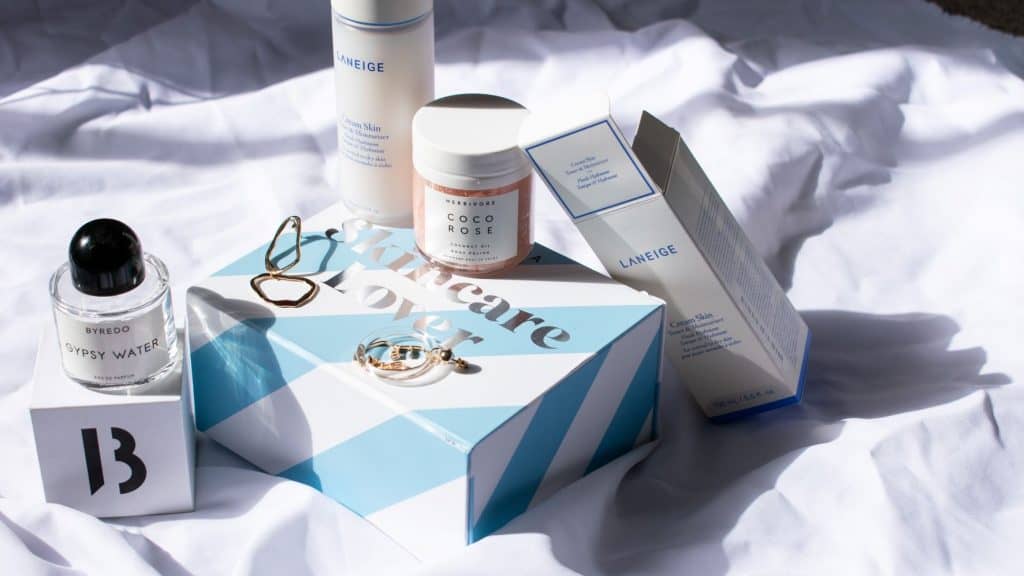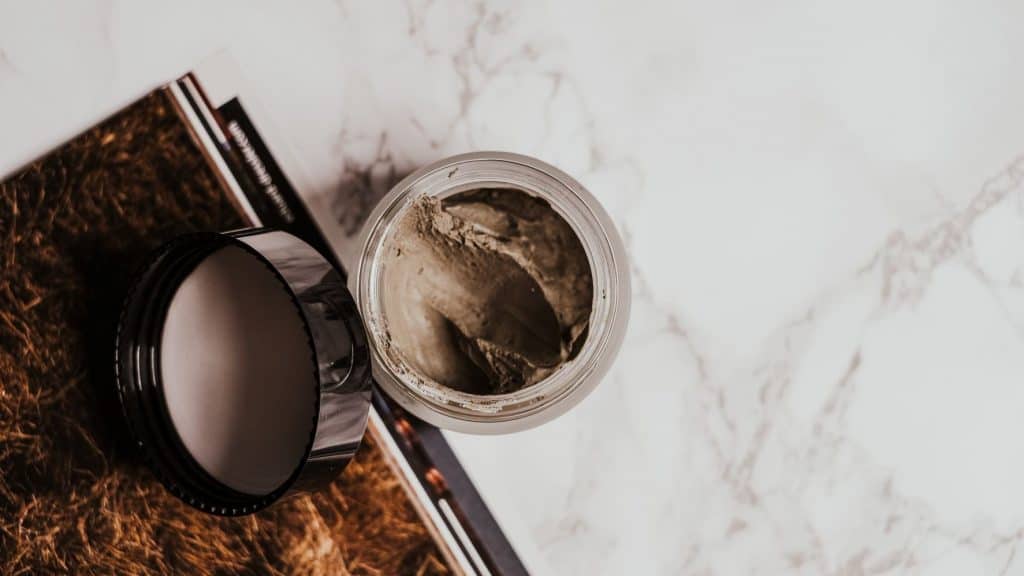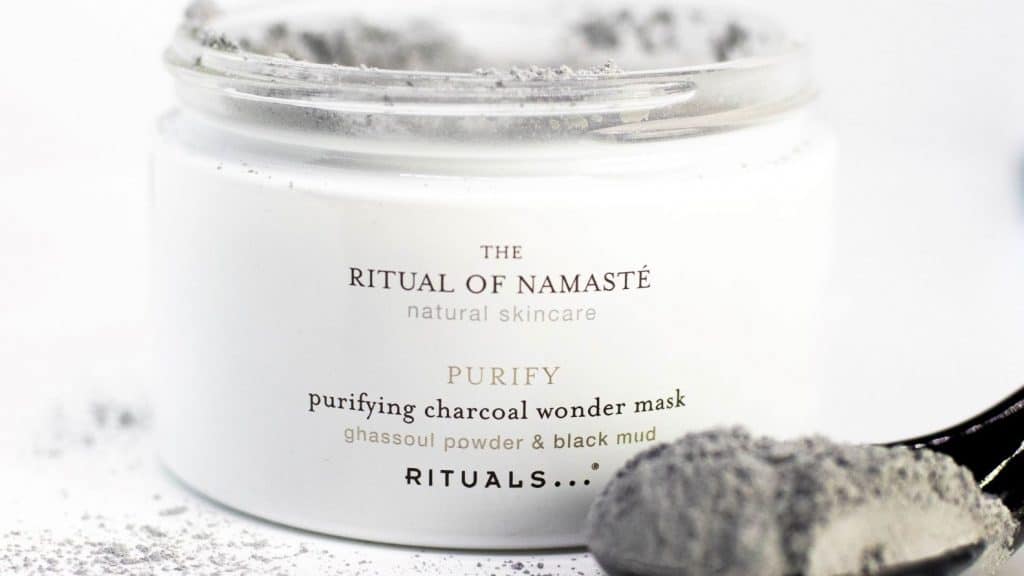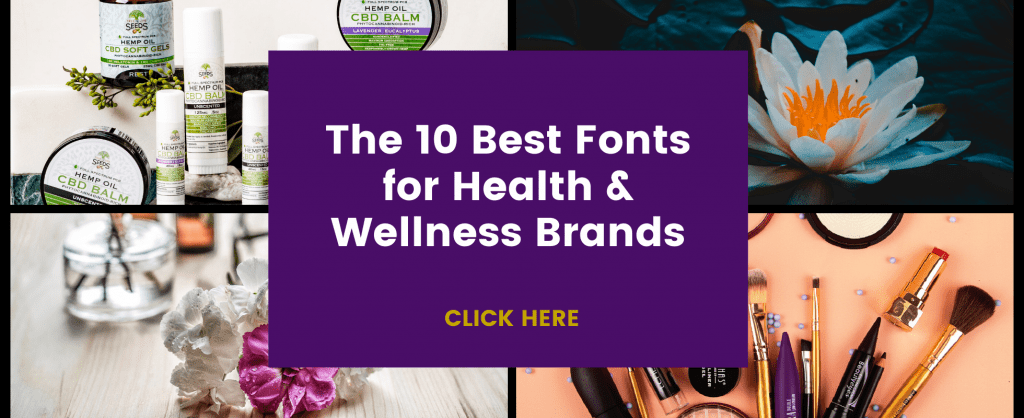How to Start a Skincare Business

The skincare industry in the US generated about $89.5 billion in revenue in 2018, so if you’re passionate about the skin care industry and want to join in, it makes sense to cash in on the opportunity and start a skincare line.
A slight problem, though: When everybody seems to be hopping on the bandwagon, it is becoming increasingly difficult to separate your brand from the crowd. So, how can you start a successful skincare business that doesn’t get lost in the pile with the rest?
Let’s discuss!

Start With Research
Every successful business begins with an in-depth market analysis. This includes everything from knowing to whom you can sell to what kind of products you can sell and who can help you create those products.
Market Need vs. Demand vs. Supply Analysis
First off, let’s clear the basics. Market need is the gap that you have identified in the market. In other words, what the market is lacking. Market demand is what the audience in the market is asking for regardless of their need. And finally, market supply is what’s being sold in the market at the moment.
For instance, when The Ordinary launched in 2017, not many brands were offering quality chemicals at an affordable price. Words like niacinamide, AHA-BHA, and salicylic acid were ingredients that people had heard of but never tried because of the lack of knowledge and inaccessibility. There was a definite need but no demand or supply.
That’s what motivated The Ordinary to change the skincare game. Now, even those who are merely starting their skincare journey are familiar with these ingredients and are willing to learn more about things like “chemical peel” and “retinol routine.”
Before you even toy around with the thought of starting a skincare business, make sure that you get accurate data on your target market’s need, demand, and supply. Not only will this save you time but also effort and money.
Aventive Studio develops a comprehensive brand strategy for each of our skincare branding clients. We conduct market research, analyze your competitors, develop your unique brand personality, create target profiles, and more to ensure your skincare brand stands out from the rest.
Learn more about our signature brand strategy and design services here.

Find a Manufacturer
Whether you are white labeling your skincare business or creating a custom skincare line, you need to find a manufacturer who aligns with your vision and can deliver on your expectations. For a deeper understanding of which option is right for you, you can read our article on private labeling versus white labeling here.
In both cases, at the end of the day, it is your name on the line — and one bad batch of products can lead to a PR nightmare. Here are the two ways you can work with a manufacturer:
Develop a Formula
This applies when you are starting a skincare line from scratch (also known as private labeling).
In a private label skincare line, you are responsible for determining your ingredient list and creating your own formulas. It doesn’t matter if you enlist help from a professional to customize your formulations so long as you are completely involved in the process from start to finish.
Alternatively, you could hire a team of experts to develop your formulas if you don’t have enough expertise on the topic. Or you could find a manufacturing facility that houses their team of formulation specialists and work with them directly.
Once they finish creating them, you could then approve or reject the final product based on your standards and vision. Either way, your involvement is of the utmost importance in a private label skincare line.
Opt for White Labeling
In the case of white labeling, you can partner with an existing or soon-to-be-launched brand and provide your name to the packaging or marketing campaign. You could also find a manufacturing facility that pre-formulates products, in which case all you would have to do is determine your skincare packaging and start selling.
The latter can be a little restricting as the formulas may or may not be special or something new because they usually take a one-size-fits-all approach. As a result, it becomes difficult to brand or market these products as unique, which may lead to failed launches.
Still, countless people choose to white label their skincare business because of the convenience and speed of the process. It requires less involvement from your end and most of the process is automated.
In fact, many successful skincare brands today are owned by people who began their journey with white labeling. A prominent example of this is Charlotte Tilbury, who began her journey with MAC Cosmetics and Tom Ford before venturing into building her own beauty empire.

No matter which approach you choose, make sure to weigh your options and consider the pros and cons of each.
For instance, white labeling may be convenient but may not always be a sustainable strategy. Collaborations have to end at some point, and without a unique selling proposition, it can be difficult to survive in the market. There will always be something better that can steal your spotlight.
A good rule of thumb is to ask yourself what your goal with your brand is. If you are looking for longevity and want to go all in, developing your own formulas might be the way forward.
However, if you are looking at your skincare line as a learning curve or validating your concept in the market, you could benefit from white labeling as it won’t require as big an investment as a private label.

Choose Your Skincare Packaging
Your packaging is one of the most crucial parts of starting a skincare business. It is the first impression of both your brand and products. In fact, your packaging can make or break your sales. So, it is crucial that you take your time deciding what’s best for you.
While we have already created an in-depth guide to skincare packaging to make it easier for you, here are the highlights to remember:
- Your skincare packaging depends on two aspects: choosing the right material and creating the right graphics.
- There are three types of packaging that you need to choose: primary (product container), secondary (product box), and tertiary (transit packaging).
- You could opt for either glass, plastic (PET, PP, HDPE), or metal packaging, depending on your requirements.
- Your packaging must align with your brand’s vision (ex. glass packaging if you are promoting eco-friendly values).
- The packaging you choose must be practical and support your logistics instead of challenging your supply chain.
Establish Your Brand Strategy and Identity
As a skincare business owner, one of your main responsibilities is to come up with a vision for your company. You can’t have a brand without a specific cause and goal in mind. That’s what sets you apart.
More than 90% of startups fail in the first five years because they fail to read the market properly. Should you decide to start a skincare line, focusing on the ‘why’ instead of fixating on how to start a skincare business can help you create a unique position for your line even in a crowded space.
To develop your brand strategy and identity, you ought to know the problem you are trying to solve in the market.
A skincare branding agency can help you develop a solid brand identity around the solution, values, and vision that your business brings to the table – as well as create stunning packaging designs and visual identity that matches your brand!.

Your communication should be as clear as day and it should resonate with your target audience enough to encourage them to buy from you. This means finding unique angles that are exclusive to you.
For instance, when Cashmere Nicole started Beauty Bakerie in 2011, there was a serious absence not only of Black-owned beauty brands but also beauty brands that were designed to flatter darker skin. And that became the biggest selling point for the brand, around which a clear identity was developed.
The same goes for Luna Magic, an up-and-coming Latina-owned beauty brand, which is primarily in the makeup space but also offers face masks and perfumes, specially made for Latin Americans.
Both these brands have strong ethnic identities that help them create a real connection with their target audiences. For you, your skincare business’s identity won’t necessarily have to be ethnic. It could be gendered, problem-oriented, or even driven by a social cause.

Determine Your Product Designs and Specifications
Once you are clear on everything else on the list, it is time to determine what your final skin care packaging design will look like. This is the stage in which your hyperaware self will get to shine.
Your need for achieving perfection while retaining the passion behind the brand can come in handy when determining the specifications of your skincare packaging design.
There are two ways you can go about creating your visual identity: You can either work with a team of in-house graphic designers or outsource your packaging design to a professional agency.

The primary problem with hiring an entire in-house team is that it will require you to manage the entire process from start to finish. You would be responsible for paying attention to the finer details and ensuring that the final design aligns with the market demand.
Another issue with working with an in-house team is that you would either need to hire an all-around expert who is skilled at graphic designing, consumer psychology, and branding, or you would be responsible for the salaries, benefits, and so on of a team of designers with a specialized focus on each of those subjects.
That is a large cost for any skincare startup, and one you can avoid by simply outsourcing the work to a branding professional.
If you work with a packaging design agency like Aventive Studio, you will have more time to focus on other aspects of your business because they will work independently. This means the agency will be responsible for putting the best people on your project and overlooking the end-to-end designing process.

Design and Develop Your Website
There is really no business today that can’t benefit from having an online presence. And a website is that point of contact, which binds your entire digital presence together in one place. Not only does it integrate your social media but it also helps you leverage both organic marketing and paid advertising.
Besides being a brilliant marketing channel, a website is also an excellent sales channel. So, you can build an eCommerce store and begin selling from there without worrying about building a network to make your first sale.
Since a website does most of the heavy-lifting for your brand, make sure that you work with a professional to create a responsive and fast web design if you aren’t an expert on the subject.

Invest in Marketing Your Skincare Business
You can’t have a successful skincare business if nobody knows about it. In fact, the success of your business completely depends on how solid your marketing foundation is. In some cases, marketing has actually saved bad products from failing while also being the reason for a good product’s demise in the market.
This is undoubtedly one of the most crucial aspects of starting your skincare business. So, we advise against DIYing it and actually soliciting help from a professional branding and marketing agency that has experience in your industry.
Aventive Studio specializes in working with health and wellness businesses to transform them into profitable brands. With a clear branding and marketing plan, our team helps you develop a solid identity for your products that helps you build a lasting connection with your target audience.
Get in touch with our branding and design experts to begin your journey.
